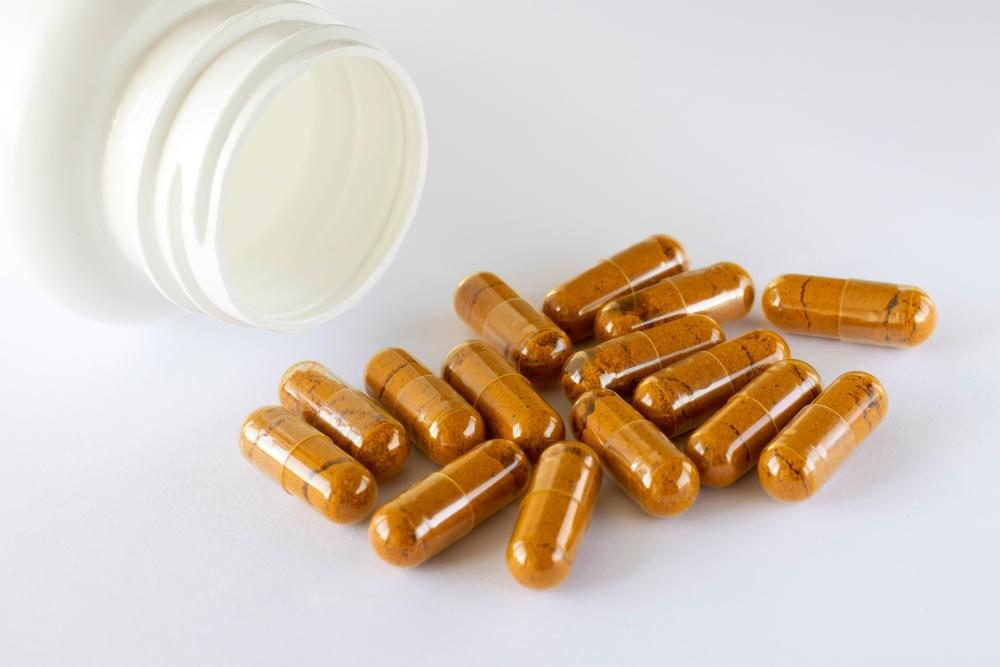Understanding blood sugar levels is crucial in managing diabetes effectively. But contrary to popular belief, diabetes doesn’t stem from overindulging in sweets. Instead, it is deeply connected to insulin resistance. Recent breakthroughs in diabetes care herald an evolving approach, and blood sugar supplements are playing a significant role in this landscape.

Diabetes: More Than Just About Sugary Sweets
There is a common misconception that diabetes is directly caused by the consumption of sweets. In reality, the roots of diabetes lie in how the body regulates insulin and blood sugar levels. Insulin, a hormone produced by the pancreas, is responsible for facilitating glucose intake into the cells for energy production. When the body becomes resistant to insulin, blood sugar levels spike, leading to diabetes. Factors such as genetics, obesity, and an inactive lifestyle play a more critical role in the onset of diabetes compared to the consumption of sweets alone.
Understanding these dynamics is important because it helps shape the management strategies for diabetes, going beyond simply cutting out sugar. Instead, it involves a comprehensive approach that includes lifestyle changes, medication, and dietary supplements that could support blood sugar regulation.
The Role of Blood Sugar Supplements
With the evolving understanding of diabetes, supplements have become an integral part of diabetes management. These supplements aim to help maintain healthy blood sugar levels and enhance insulin sensitivity. They are not a cure but can be an essential component of a holistic management plan. Here's a deeper look into how certain supplements can help:
- Cinnamon: Known for its ability to mimic insulin, cinnamon may help decrease insulin resistance.
- Alpha-lipoic acid: This antioxidant improves insulin sensitivity and reduces symptoms of neuropathy, a common diabetic complication.
- Bitter Melon: Contains compounds that act similarly to insulin to help lower blood sugar levels.
- Chromium: Helps in carbohydrate metabolism and improves the action of insulin.
- Magnesium: Low magnesium levels can worsen insulin resistance, so supplementation might aid in glucose control.
For more detailed insights on these supplements, consider checking out resources like the Whole Health Library and Healthline.
Labels and Ingredients: Navigating the Supplement Aisle
When selecting blood sugar supplements, it's vital to read labels meticulously. Look for research-backed ingredients and ensure that the dosages align with clinical trials. Consulting with a healthcare provider before starting any supplement regimen is advisable to tailor choices to individual needs and avoid potential interactions with medications.
Products like Blood Sugar Complex Supplements should be considered based on their ingredient profile and customer reviews.
The Supplement Market: Understanding Your Choices
The market for blood sugar supplements is vast and varied. To aid in decision-making, here's a table showcasing some popular supplements along with their average pricing.
| Brand | Key Ingredient | Average Price |
|---|---|---|
| Herbal Health | Cinnamon | $25 |
| AlphaWise | Alpha-lipoic acid | $30 |
| BitterTrust | Bitter Melon | $20 |
| Chrome Care | Chromium | $18 |
| MagnaBoost | Magnesium | $22 |
Diabetes Care: A Proactive Approach
The future of diabetes care involves proactive and integrated efforts combining lifestyle management, medication, and supplements. This evolving approach acknowledges that supplements are a crucial component but must be part of a broader, comprehensive care plan.
For further reading on how dietary supplements fit into diabetes management, visit the National Center for Complementary and Integrative Health.
Making informed decisions about supplements and medications while maintaining a healthy lifestyle can form a synergistic approach toward managing diabetes. This holistic perspective is essential in combating the true enemies of diabetes: insulin resistance and overall metabolic health.
